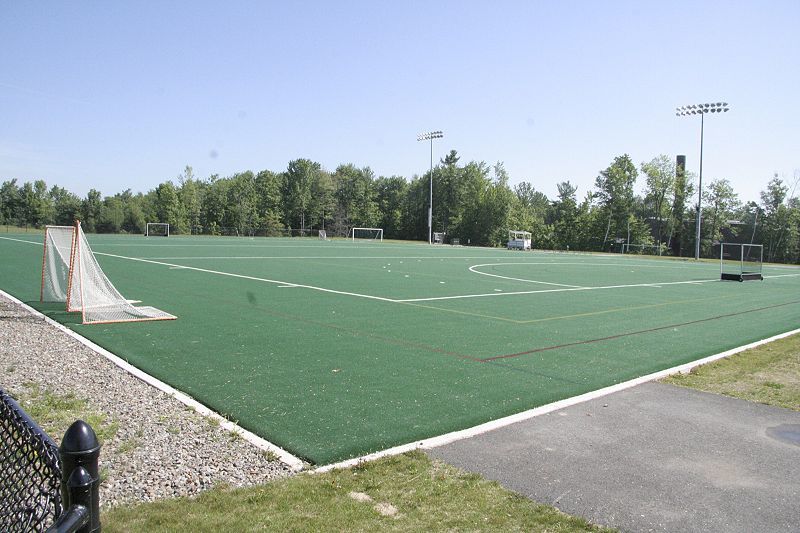The Federal Communications Commission comment period on the AT&T merger with T-Mobile has generated thousands of comments on the FCC’s Web site. However, many of the comments opposing the merger are identical or nearly identical to one another, leading to the perception the comments were automatically generated—a practice commonly known as robo-signing or astroturfing—by opponents of the $39 billion deal.
Although free-market advocates agree comments should be part of the process of approving the merger of the two telecom giants, they point out such mass-produced commentary is of little relevance and is an attempt to “game the system.”
“This robo-signing is a concern,” said Mike Wendy, director of MediaFreedom.org, a Washington, DC free-market institute covering information technology and telecommunications issues.
“I’ve tried to talk to the FCC about this,” Wendy said. “I’ve sent them three different queries, but haven’t gotten any responses. Robo-signings are not credible. They’re like running non-random polls. This harms the process.”
Sprint-Nextel is among the outspoken opponents of the merger. Wendy points out Sprint supports many public interest groups, each with massive mailing lists.
Are Opponents Real People?
“[The word] ‘merger’ has a negative connotation in these groups, and it’s easy to get people to sign something opposing a merger whether or not they have any real understanding of the pros and cons,” Wendy said.
“We don’t even know if these are real people,” Wendy added. “Their personal identifiable information has been eliminated. The personal identifiable information for lawyers and others commenting on the merger hasn’t been eliminated. Who is actually signing it? Is it all coming off the same server? Five servers? The FCC should clean that up.”
“There are always people who are anti-merger,” said Ari Zoldan, CEO of Quantum Networks LLC in New York. “This is more of a cut-and-paste smear campaign.”
Richard Brosnick, a partner in the antitrust department of Detroit-based law firm Butzel Long, said the FCC would give little consideration to such mass-produced commentary. The agency will weigh customers’ opinions more heavily and will give top consideration to the expected state of competition following a decision on the merger.
The FCC’s decision is likely to occur in another eight to 12 months, according to Wendy. He says a merged AT&T-T-Mobile would give customers more innovation and better coverage and would help create jobs as the combined company expanded further.
Spurring Competition
“There is some argument for the efficiencies the merger will create,” Brosnick added. “The pro for this deal is that the merger should create some more efficiencies. It’s a case of two plus two equals five. AT&T picks up a lot of cell towers rather than needing to build their own.
“But customers will end up paying more,” he added. “T-Mobile is perceived as the price maverick in the market. When the party being acquired is the price discipliner, prices tend to go up.”
Wendy doesn’t agree such price increases will be automatic if the merger is allowed to proceed. “The smaller players won’t sit on their heels, so this will actually spur competition,” Wendy said.
Zoldan concurs: “There will be increased competition on the horizon. The benefits for the end consumer are there—there will be better coverage and better customer services.”
Zoldan explained the increased bandwidth the merger would bring should end many of the complaints customers have about not being able to reach customer service operators. The problem stems from lack of capacity to handle those communications, he said.
“This merger would enable AT&T to go head to head with Verizon,” Zoldan added. “But a merger of this magnitude will require further review [by regulatory authorities],” he acknowledges.
Phil Britt ([email protected]) writes from South Holland, Illinois.




